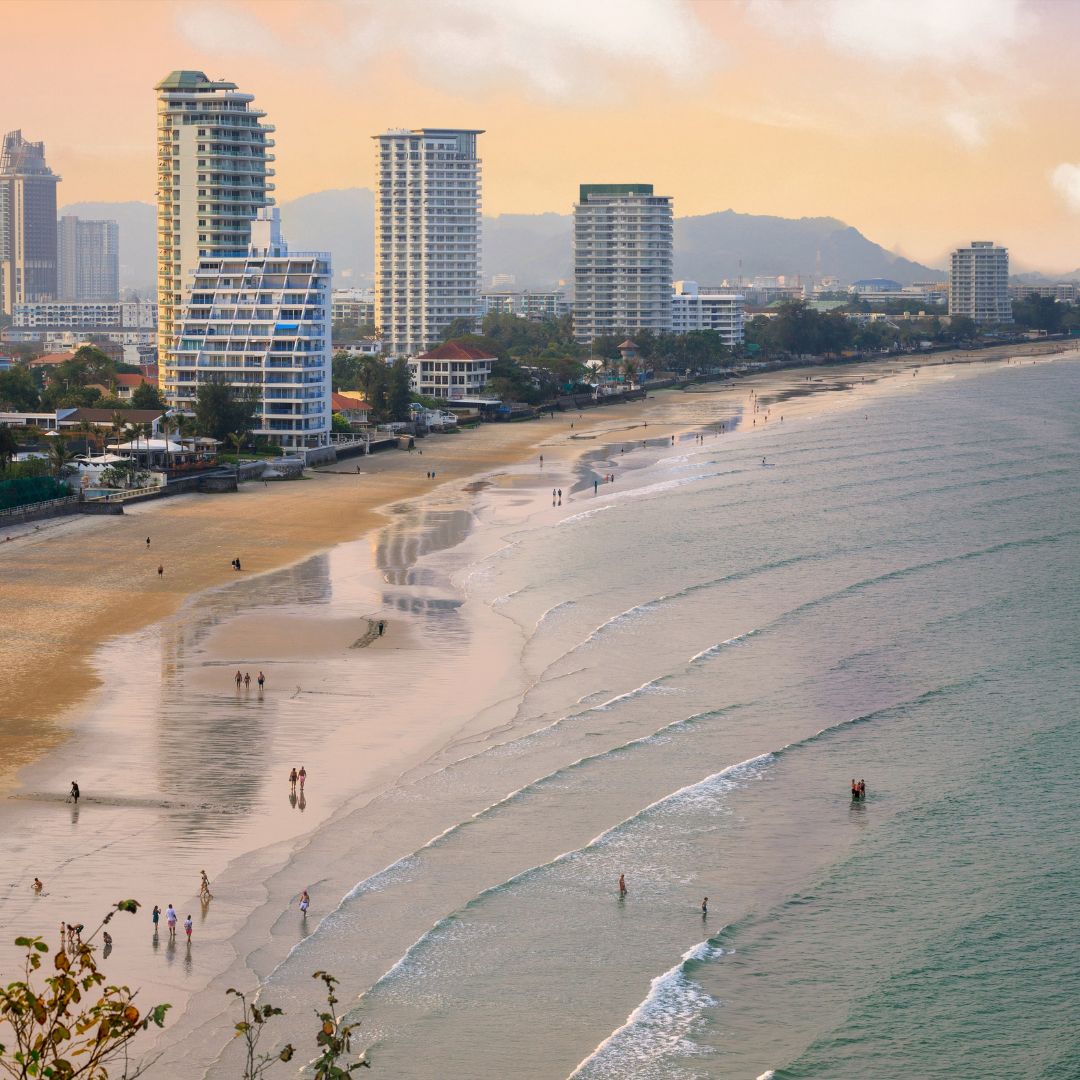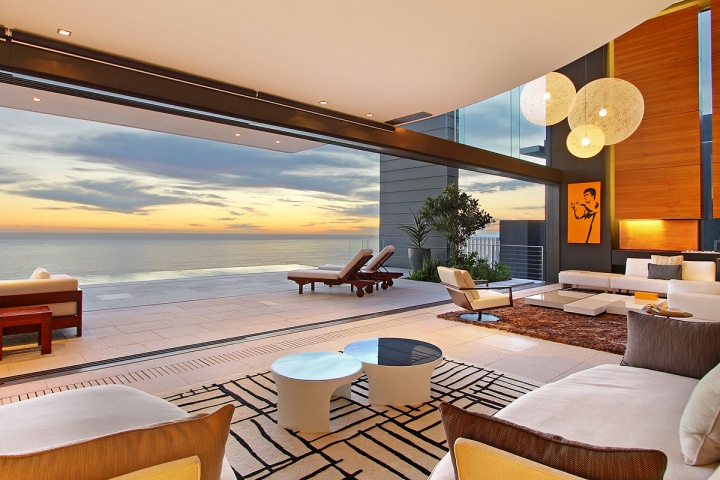Leasehold and Freehold Properties In Thailand
Differences Between Leasehold and Freehold Properties in Thailand
When investing in real estate in Thailand, understanding the differences between leasehold and freehold property ownership is crucial, especially for foreign buyers. The two ownership structures offer distinct benefits and limitations, and knowing which one is right for your investment goals can help you make the best decision. Here’s a breakdown of how freehold and leasehold ownership in Thailand differ:

Freehold vs. Leasehold Properties in Thailand
Freehold (Foreigners) | Leasehold (Foreigners) | Freehold (Thai Nationals/Companies) | |
Ownership | Full, indefinite ownership of condominium units | Right to use and occupy for 30 years (renewable) | Full ownership of land and property |
Duration | Permanent | 30 years (renewable up to 90 years) | Permanent |
Property Types | Condominiums only | Any type of property, including land and houses | Land, houses, condominiums |
Control | Full control over the unit | Limited control ownership remains with lessor | Full control over land and property |
Renewal Options | N/A | Renewable for two additional 30-year terms | N/A |
Value Retention | Higher value retention | Lower value retention | Higher value retention |
Ownership Restrictions | Foreigners limited to 49% of condo units | No ownership limited to leasehold agreements | No restrictions |
Investment Flexibility | High | Moderate | High |
Freehold Properties in Thailand
Freehold ownership provides the most complete form of ownership, where you have full, indefinite rights to the property. However, under Thai law, freehold ownership for foreigners is limited mainly to condominium units, with restrictions on the percentage of units they can own within a development. Foreigners cannot own land outright under freehold terms but can own up to 49% of a condominium project.
Advantages of Freehold Ownership:
- Full Ownership: Foreigners can completely own their condominium unit, offering full control over the property.
- Indefinite Ownership: Freehold provides permanent ownership with no expiration date.
- Value Retention: Freehold properties generally hold their value better and have greater potential for appreciation.
Disadvantages of Freehold Ownership:
- Limited Scope: Foreigners can only own condominiums, not land or houses.
- Ownership Cap: Foreigners are limited to owning 49% of a condominium project, which could limit options.
- Higher Costs: Freehold properties often come with a higher price tag due to the benefits of full ownership.

Leasehold Properties in Thailand
Leasehold ownership allows foreigners to lease property, typically for a maximum period of 30 years. Leases may include the option to renew for up to two additional terms, providing a total lease period of up to 90 years. This type of ownership is an attractive alternative for foreigners looking to invest in real estate, particularly for land and other properties where freehold ownership is not allowed.

Advantages of Leasehold Ownership:
- Long-Term Use: Leasehold allows foreigners access to property in desirable locations, such as beachfront villas, without requiring full ownership.
- Flexibility: Leasehold agreements offer flexibility for those not seeking permanent ownership.
Disadvantages of Leasehold Ownership:
- No Ownership: Unlike freehold, leasehold does not grant outright ownership, and the property remains with the landowner.
- Limited Control: Lease terms can restrict your ability to modify or develop the property.
- Uncertainty: Lease renewal negotiations may introduce risks if terms change or the lessor does not agree to extend the lease.
Freehold Ownership for Thai Nationals and Companies
Thai nationals and Thai companies are not subject to the same restrictions as foreigners. They can own land outright and enjoy full ownership of both land and buildings. Some foreign investors set up Thai companies to gain greater control over land ownership.
Choosing the Right Property Ownership Structure in Thailand
When deciding between freehold and leasehold property in Thailand, it’s important to consider your long-term investment goals and the type of property you are interested in. Freehold ownership provides security and control but is limited to condominium units for foreigners. Leasehold, on the other hand, offers flexibility and access to a broader range of properties but does not grant full ownership rights.
For those interested in luxury real estate or land ownership, exploring setting up a Thai company may provide greater flexibility and control over your investment. Ultimately, understanding these differences will help you navigate Thailand’s real estate market with confidence.
